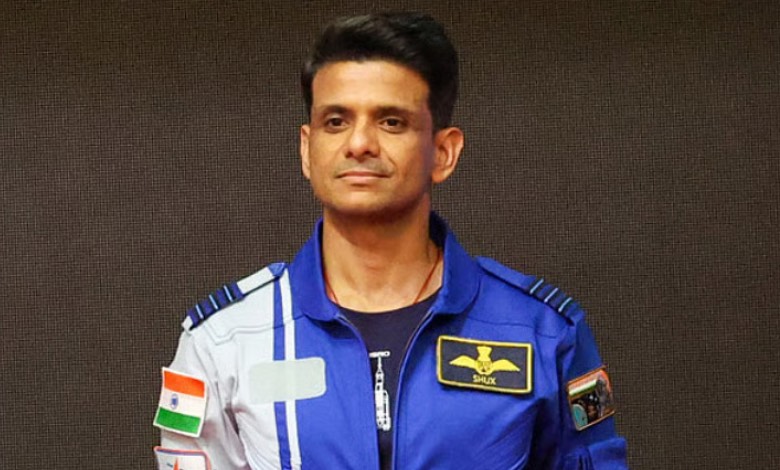
New Delhi: India is preparing to conduct its maiden biological experiments aboard the International Space Station (ISS), Union Science and Technology Minister Dr. Jitendra Singh announced on Thursday. The mission aims to investigate how life can be sustained in space, forming a key component of the BioE3 Biotechnology policy introduced by Prime Minister Narendra Modi.
Led by the Indian Space Research Organisation (ISRO) and the Department of Biotechnology (DBT), the experiments will be carried out during the upcoming AXIOM-4 mission, which includes Indian astronaut Group Captain Shubhanshu Shukla among its crew.
The first of the two experiments will focus on assessing how microgravity and space radiation affect the growth of edible microalgae. According to Dr. Singh, this collaborative project between ISRO, NASA, and DBT seeks to measure changes in the growth, gene expression, and metabolic functions of various algae species compared to Earth-based samples.
A second experiment will investigate the behavior and protein response of cyanobacteria—specifically Spirulina and Synechococcus under microgravity. These tests will be conducted using both urea- and nitrate-based nutrient media.
Dr. Singh highlighted Spirulina’s potential as a high-protein, vitamin-rich superfood for future space missions. The research has been developed with input from scientists at the International Centre for Genetic Engineering and Biotechnology in New Delhi.
The BioE3 policy Biotechnology for Economy, Environment and Employment was approved by India’s Union Cabinet in 2024 and is designed to advance high-efficiency biomanufacturing and innovation.



